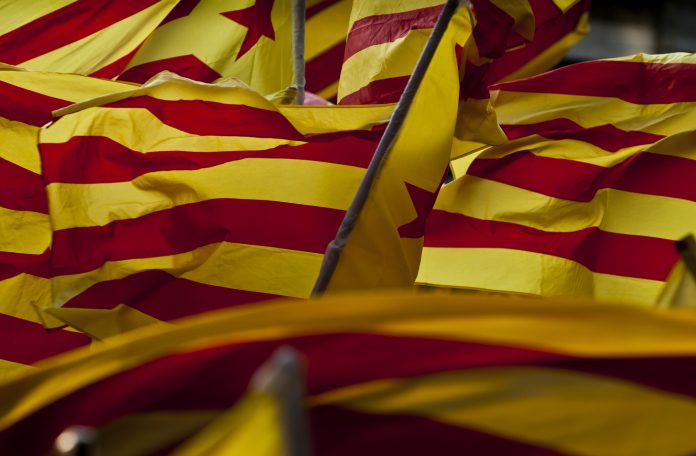Every electoral encounter in Catalonia appears to be a referendum on independence, including the one on Thursday 21, 2017.
The secessionists will form a government, which is likely to be unstable, as Catalonia remains captured in an atmosphere of instability and confrontation.
Seven parties were running on Thursday, of whom three are pro-independence, three pro-union, and one has a half way position on the question. Each side declared partial victory on Thursday evening. And this was not the sign of a political compromise.
Unionists win, but lose
Unionist parties won 57 seats (43,5%) in a 135 seat parliament.
The biggest party in the Catalan parliament are the unionists Ciutadans with 36 seats. However, a unionist government is mathematically impossible. Socialists secured 17 seats and the Popular Party merely three. The total was 57 seats for the unionist bloc.
The People’s Party (PP), the liberal Ciutadans (Cs), and the Catalan chapter of the Socialist Party (PSC) are primarily seen as “Spanish,” irrespectively of their ideological luggage and tradition. All three supported the implementation of Article 155 of the Spanish Constitution that blocked secession by authorizing direct rule from Madrid. This choice determined electoral behaviour more than any other political cleavage.
Secessionists win, but lose
Secessionists won 70 seats and 47,5% of the vote. The biggest party are Together for Catalonia (JxCat) with 34 seats.
Between the two blocs are the Catalonia in Common party associated with Podemos, with 8 seats.
Therefore, the alliance between the Together for Catalonia of the deposed president Carles Puigdemont and the Republican Left (ECR) of the imprisoned former president Oriol Junqueras (32 seats) could very well renew their alliance. The magic number for a parliamentary majority is 68 seats, which means secessionists are short of at least two seats.
Once again, they could rely on the anti-capitalist CUP, which saw its seats decline from 10 to 4 seats. That brings the secessionist bloc to 70 seats, but with a continuous political heterogeneity. CUP demands independence and has been uncompromising in its stance.
Going down this line would bring further instability as the CUP will demand nothing less than confrontation with Madrid.
The victory no one can secure
On Thursday there was only one pressing question for the Catalan electorate, namely whether voters were “for or against independence.”
Voters could choose between seven parties of various ideological traits and traditions. Two thirds of the electorate voted for liberals, but Catalonia will not get a liberal government. Catalonia will get a Catalan nationalist government with a unionist opposition.
The question in the future to come will be whether Spain’s richest region will be able to form a government that is able to govern.

